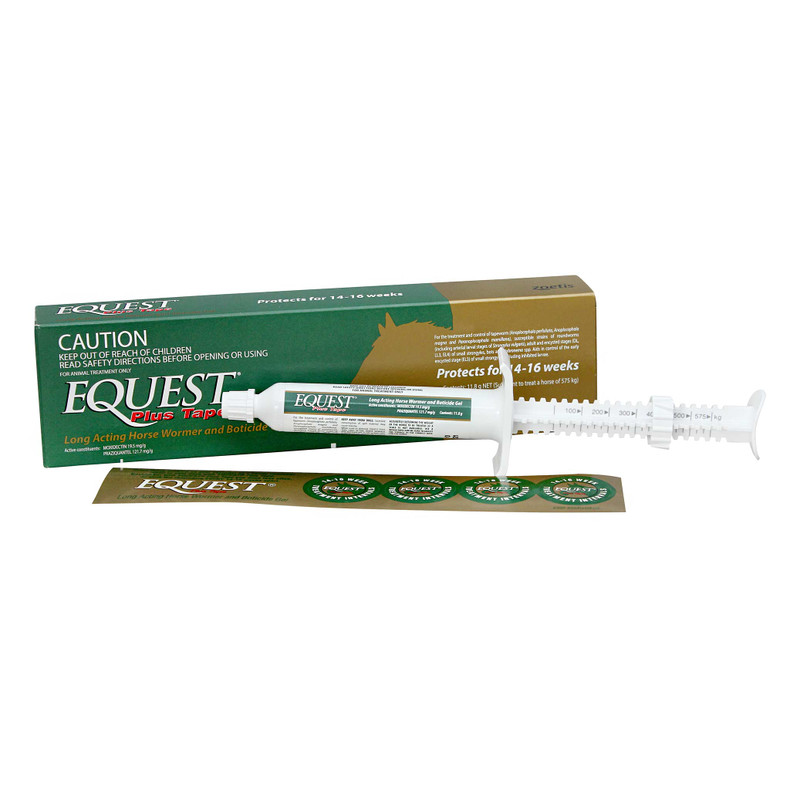Worming Pregnant Mares
Should I worm my pregnant mare?
Deworming pregnant mares is one protocol that most horse owners consider carefully before administering. In general, many are uncertain of the appropriate horse worming procedure to follow for expectant mares with safety usually a primary concern.
One of the most important things to remember when worming your pregnant mare is product selection. Most horse wormers available in Australia are safe to use on a pregnant mare throughout their pregnancy. However, you should check the label or product information prior to use as it will say whether it has been tested as safe for use in pregnant mares. No wormer should be given that hasn’t been tested and approved as safe during pregnancy. Read the label carefully and consult your veterinarian if you’re unsure.
What product to use:
Wormers that are available in Australia and advised by the manufacturer to be as safe for use in pregnant mares include (but not limited to):
- Equimax Elevation
- Equimax
- Equest Plus Tape Gel
- Razor
- Imax Gold
- Promectin Plus
- Strategy T
Ivermectin is a popular active ingredient in wormers used for different types of equine parasites and is also known to be a safe choice for pregnant mares. There are also other options considered to be safe for the expectant mares like fenbendazole. It is generally recommended to rotate wormers during pregnancy. For instance, a pregnant mare should be given fenbendazole during its third month of pregnancy, provided that your property has not developed any resistance to the drug. Followed with Ivermectin during the sixth to seventh month.
When should you worm:
When it comes to worming pregnant mares, they should be treated as normal throughout their pregnancy. They should be kept on a regular worming rotation (every 6-8 weeks or as per the recommendations on the wormer being used). You should try to worm them about 2 weeks prior to foaling and try to limit the stress involved during the process.
Deworming with Ivermectin can also be performed 24 hours after foaling to help prevent parasites from being passed on to the foal through its mother’s milk. You should then worm both the mare and foal again when the foal is about 6-8 weeks old.
Other tips to remember:
It is important to remember, no worming program is complete without proper pasture management and good husbandry. The strategies below can drastically reduce the number of parasites on your property and help safeguard your mare and foal from intestinal parasites:
- Remove manure from pasture at least twice per week
- Rest paddocks during hot, dry temperatures
- Avoid over-crowding pastures
- Ensure all horses are wormed correctly
- Integrate faecal egg counts into your worming. A faecal egg count prior to worming, followed by a faecal egg count after worming, can be integral in ensuring your worming program is efficient and effective.


